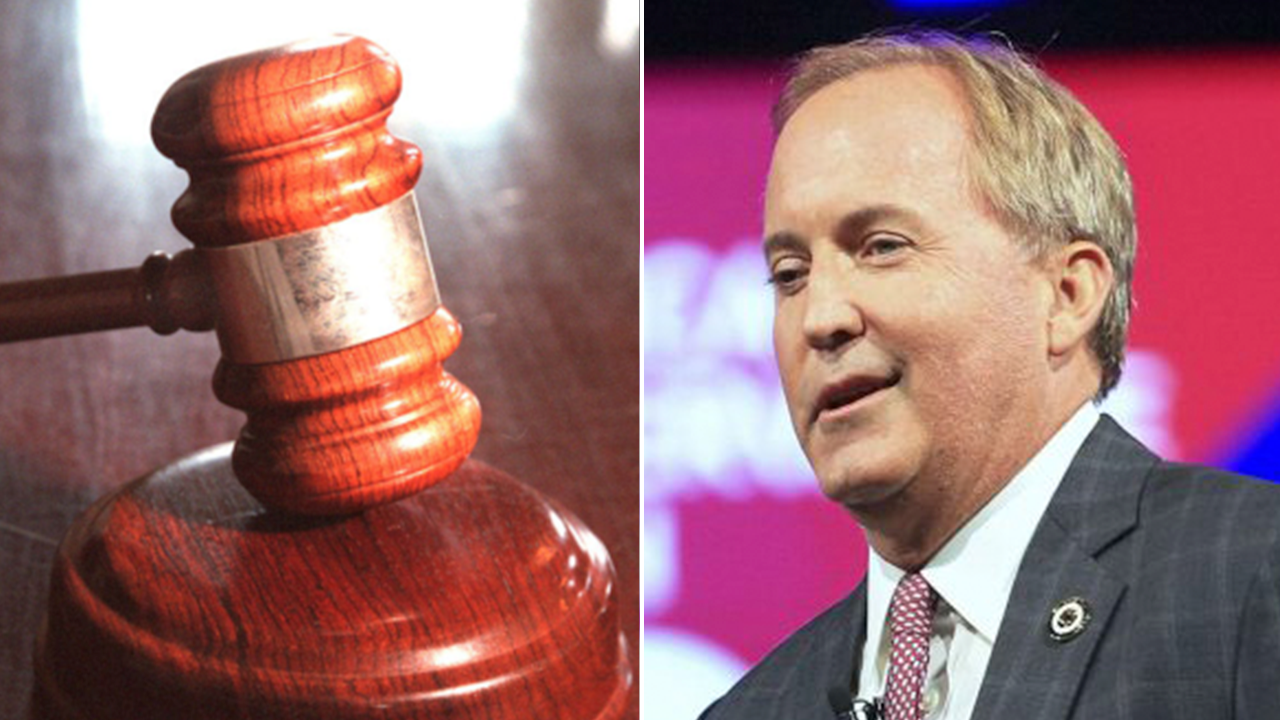Texas Attorney General Ken Paxton Sues Harris County Over Guaranteed Income Program
In a significant legal move, Texas Attorney General Ken Paxton announced last week that he is suing Harris County over its revised guaranteed income program, known as "Uplift Harris." This program, which aims to provide financial assistance to low-income families, has become a focal point of contention between state officials and local government, highlighting the ongoing debate over welfare initiatives in Texas.
The Basis of the Lawsuit
In a press release, Paxton criticized the Uplift Harris program, labeling it a "welfare scheme" and asserting that it is "unlawful." He argued that Harris County is acting as if the Texas Constitution does not apply to them, stating, "Using public funds in this way directly violates the law." Paxton’s lawsuit claims that the program undermines the legal process and is an attempt to distribute public funds to select individuals without proper oversight.
The lawsuit comes on the heels of previous legal challenges that the original version of Uplift Harris faced, which was ultimately struck down by the Texas Supreme Court. The original program proposed to distribute $500 per month for 18 months to participants selected from the county’s poorest ZIP codes, specifically targeting those living below 200% of the federal poverty line.
Changes to the Program
In response to the legal challenges, Harris County Commissioners approved revisions to the Uplift Harris program last month. The revised initiative will now serve approximately 1,600 families, providing them with a monthly debit card loaded with $500. However, this debit card comes with restrictions, allowing funds to be used only for essential needs such as groceries and medicine. This change was made to address the concerns raised by Paxton and the Texas Supreme Court while still aiming to provide financial stability to those in need.
Harris County Attorney Christian Menefee defended the revised program, stating that it was designed to meet the state’s legal concerns while still offering necessary support to vulnerable families. He accused Paxton of using the lawsuit as a political tool rather than genuinely caring about the law, saying, "If it wasn’t clear before, it should be clear now that the opposition to this program is not about concern for the law; it’s about using people living in poverty as a means to score political points."
Political Dynamics
The Uplift Harris program has become a contentious issue not only for its financial implications but also for its political ramifications. Harris County Judge Lina Hidalgo, a notable progressive figure, has publicly criticized Texas state leaders for their "political posturing" against the program. She pointed out that similar initiatives in cities like Austin and San Antonio have operated without legal issues, suggesting that the opposition to Uplift Harris is driven more by political agendas than by genuine legal concerns.
While most of the Harris County Commissioners supported the revised program, there was dissent. Commissioner Tom Ramsey was the sole vote against the initiative, expressing concerns about its legality and the potential waste of taxpayer dollars in ongoing legal battles. He reiterated that the Texas Supreme Court had already deemed the original program unconstitutional, making the new version a likely target for further legal scrutiny.
Funding and Future Implications
The Uplift Harris program is funded through $20.5 million allocated from the federal American Rescue Plan Act, which was designed to assist communities in recovering from the economic impacts of the COVID-19 pandemic. As the largest city in Texas, Houston, which comprises a significant portion of Harris County’s population, stands to be heavily impacted by the outcomes of this legal battle.
As the lawsuit unfolds, the implications for both Harris County residents and the broader conversation about guaranteed income programs in Texas remain to be seen. The ongoing conflict between state and local governance raises important questions about the role of government in addressing poverty and economic inequality, as well as the legal frameworks that guide these initiatives.
The Uplift Harris program, while aimed at providing essential support to families in need, has become emblematic of the larger ideological divide over welfare policies in the state. As both sides prepare for a protracted legal battle, the future of guaranteed income initiatives in Texas hangs in the balance.
